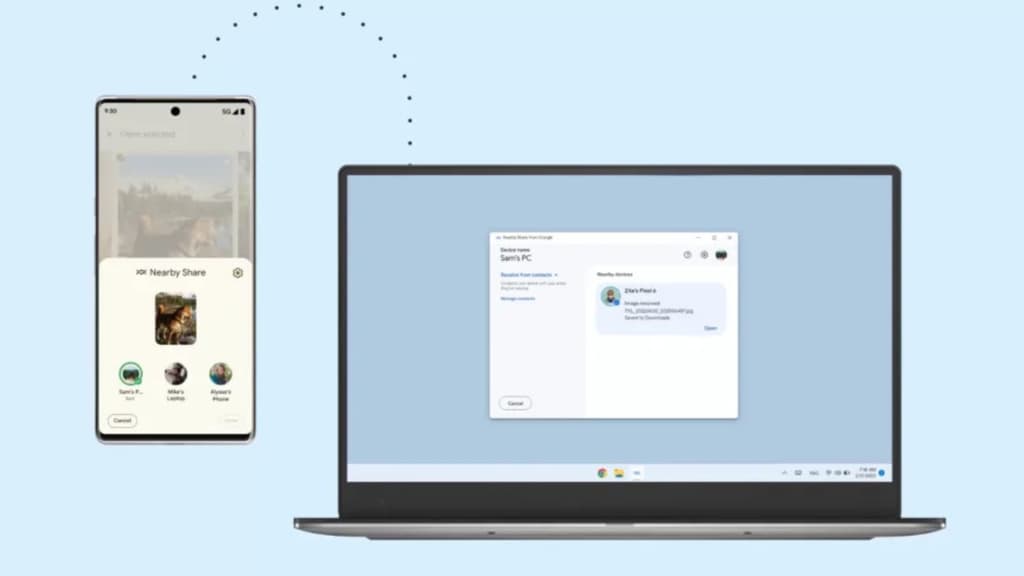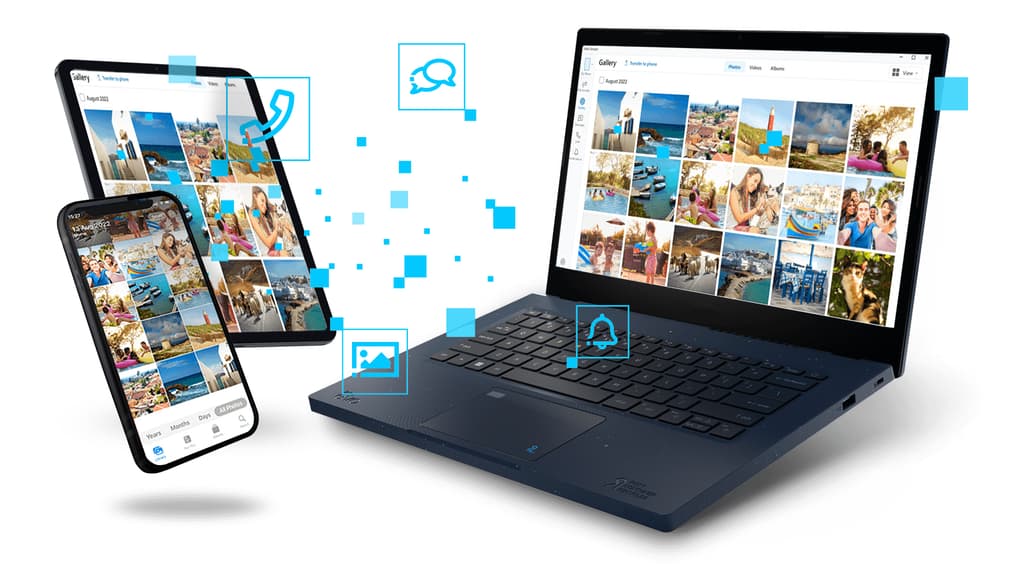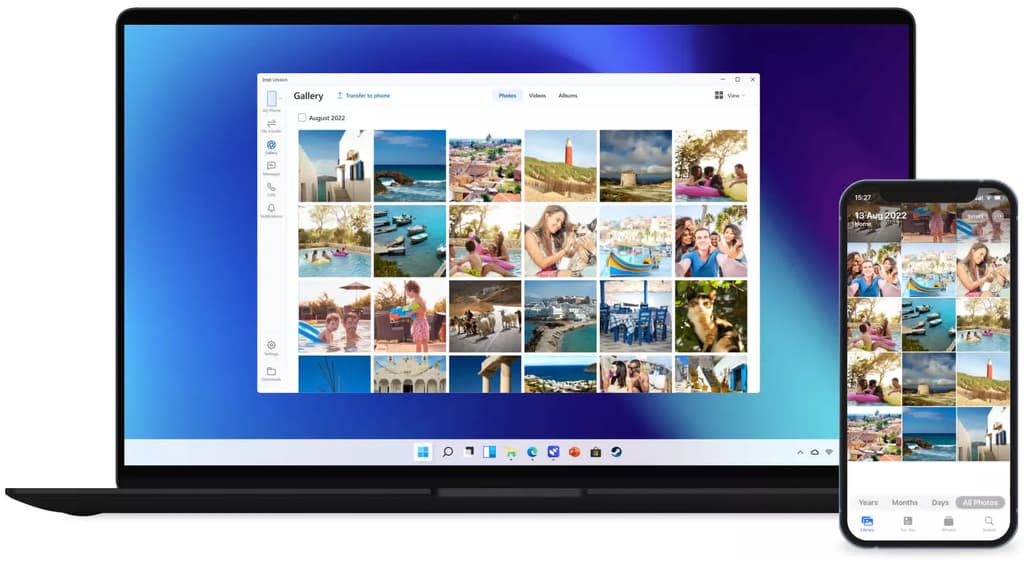As technology continues to evolve at a rapid pace, the debate between PCs and mobile apps remains more relevant than ever in 2024. With each platform boasting its own set of advancements and setbacks, understanding the nuances of each is crucial for users and developers alike. This article aims to provide a comprehensive analysis of PCs and mobile apps, exploring their capabilities, differences, and how they fit into the current technology landscape.
From user experience and interface design to performance metrics and security features, this exploration covers a wide array of aspects. By comparing these critical components, readers will gain insight into which platform may best suit their needs, whether for professional use, gaming, or general everyday activities. Let’s dive into this expert analysis to uncover the strengths and weaknesses of PCs and mobile apps as we navigate through 2024.
Introduction
The world of technology is witnessing an ever-increasing blur between the functionalities of PCs and mobile applications. As we step into 2024, the landscape is defined by how these platforms enhance user productivity and entertainment. This introduction sets the stage for a deeper dive into the current state of PCs and mobile apps, illustrating their roles in shaping the digital experience of users worldwide.
With the integration of advanced technologies and user-centered design, both platforms are pushing the boundaries of what digital devices can achieve. The distinctions between PCs and mobile apps are not just about size and portability anymore; they encompass a range of factors including computational power, application ecosystems, and user interface innovations.
Overview of PC and Mobile App Usage in 2024
In 2024, PCs continue to be the backbone of professional environments, favored for their robust performance and extensive software capabilities. The usage of PCs in sectors like software development, graphic design, and data analysis highlights their indispensable role in handling complex tasks and large datasets.
Conversely, mobile apps have carved out a significant niche in personal and on-the-go usage scenarios. With the proliferation of smartphones, these apps offer unmatched convenience for tasks such as communication, basic editing, and multimedia consumption. The surge in mobile commerce and social media usage further exemplifies the expanding role of mobile apps in daily life.
Key Developments in PC Technology
The year 2024 has seen remarkable developments in PC technology, particularly in terms of processing power and energy efficiency. New generations of CPUs and GPUs have emerged, offering substantial improvements in computational tasks and graphics rendering. These advancements are not only enhancing the user experience but also reducing the ecological footprint of these devices.
Another significant trend is the rise of modular PCs, which allow users to upgrade individual components such as memory, storage, and even processors without needing to replace the entire system. This approach not only makes PC technology more sustainable but also customizable according to user requirements.
Advancements in Mobile App Capabilities
Mobile apps in 2024 are not just about simplicity and convenience; they have evolved to include sophisticated functionalities that were once the domain of PCs. With advanced APIs and frameworks, mobile apps now support a range of features from augmented reality (AR) to high-quality video editing.
Developers are leveraging powerful machine learning algorithms to enhance the intelligence of mobile apps, enabling features like predictive text, image recognition, and even real-time language translation. This has dramatically improved the usability and helpfulness of mobile applications across various domains.
User Interface and Experience
The user interface (UI) and experience (UX) design of both PCs and mobile apps have seen innovative shifts in 2024. PCs have adopted more touch-friendly interfaces, thanks in part to the popularity of hybrid devices that combine the features of laptops and tablets.
On the mobile front, apps are utilizing the increased screen real estate of devices to deliver more immersive experiences. Gestural navigation and voice commands are becoming standard, making interactions more natural and fluid. These enhancements are crucial in keeping users engaged and satisfied with their digital experiences.

Performance and Speed Comparison
When it comes to performance and speed, PCs generally outpace mobile devices due to their more powerful hardware. The gap, however, is narrowing as mobile processors become more efficient and capable of executing intensive tasks without lag.
Benchmark tests in 2024 show that top-tier smartphones are now able to compete with mid-range PCs in certain computational tasks. However, for high-end gaming, video editing, and 3D modeling, PCs still hold a significant advantage due to their advanced graphics cards and multi-core processors.
Accessibility and Convenience
The accessibility and convenience offered by mobile apps are unmatched, as they allow users to perform a multitude of tasks from anywhere at any time. This mobility has transformed how we approach tasks like banking, shopping, and even remote work.
PCs, while less portable, are evolving to offer more convenience through features like cloud synchronization, remote desktop access, and voice-activated controls. These developments help bridge the gap between the fixed nature of PCs and the dynamic capabilities of mobile devices.
Security and Privacy Concerns
Security and privacy are paramount in the digital age, and both PCs and mobile apps have their vulnerabilities. PCs are often targeted by sophisticated cyber attacks due to their role in business and large-scale data processing.
Mobile apps, while benefiting from stringent app store review processes, are not immune to security threats. Issues like data leakage, unsecured Wi-Fi connections, and malicious apps pose significant risks to users’ privacy. Both platforms are continuously enhancing their security frameworks to combat these challenges.
Cost Analysis: PC vs Mobile App
Analyzing the cost involves more than just the initial purchase price; it includes maintenance, software investments, and potential upgrades. PCs generally require a higher upfront investment but offer longevity and the ability to upgrade components rather than the entire system.
Mobile apps and devices, while typically lower in initial cost, can lead to higher expenses over time due to the need for frequent replacements and purchases within app ecosystems. Users must consider both upfront and long-term costs when choosing between PCs and mobile apps.
Impact of Cloud Computing
Cloud computing has significantly altered the landscape for both PCs and mobile apps by enabling more scalable, flexible, and secure computing solutions. This technology allows users to access a vast array of resources and applications without the need for powerful local hardware.
The cloud’s role in facilitating remote work, data backup, and collaborative projects is particularly noteworthy. It has made it possible for mobile apps to perform functions previously restricted to PCs, further blurring the lines between these platforms.
Future Trends in PC and Mobile App Integration
Looking ahead, the integration of PC and mobile app functionalities is expected to deepen. Cross-platform applications and unified ecosystems are making it easier for users to switch between devices without losing productivity or data continuity.
This seamless integration is anticipated to drive innovation in areas like virtual and augmented reality, where users can start a task on one device and complete it on another. Such developments are poised to dramatically enhance the user experience across all digital platforms.
Gaming: PC vs Mobile Platforms
Gaming is a sector where the differences between PCs and mobile platforms are particularly evident. PCs offer superior graphics, higher frame rates, and a more diverse range of games, making them the preferred choice for hardcore gamers.
Mobile gaming, however, has seen significant growth due to the convenience and development of sophisticated mobile games. Platforms like Betwinner app illustrate that it is normal and increasingly popular to play games on both computers and mobile phones, catering to different user preferences and situations.

Professional Use: How PCs and Mobile Apps Serve Different Needs
In professional settings, PCs and mobile apps serve complementary but distinct roles. PCs are essential for tasks that require intensive processing power and precision, such as coding, 3D design, and large-scale data analysis.
Mobile apps, on the other hand, are ideal for fieldwork, quick edits, and communication. They allow professionals to stay connected and productive even when away from their primary workstation, highlighting the diverse needs these platforms satisfy.
Conclusion
The comparison between PCs and mobile apps in 2024 reveals a landscape where both platforms have evolved to meet the demands of modern users. While PCs continue to excel in high-power tasks, mobile apps offer unparalleled convenience and mobility.
As technology continues to advance, the lines between these platforms will blur further, creating new opportunities for innovation and user engagement. Regardless of the choice between PCs and mobile apps, the future promises exciting developments that will enhance our digital experiences.


